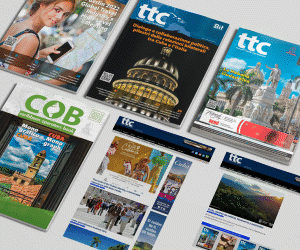By Chiyo Robertson
Business reporter, BBC News
Successful vaccine programmes will prevent another washout for summer holidaymakers, the boss of Europe’s largest tour company has told the BBC.
“We are optimistic about the summer,” said Friedrich Joussen, who runs TUI.
The firm – which owns a fleet of aircraft, cruise ships and a chain of travel agencies – said bookings in March alone had hit 2.8 million.
As a result, it expected to operate up to 75% of its normal schedule for the summer season.
“We are still confident that we will have a decent summer,” said Mr Joussen, pointing to coronavirus vaccination programmes in the UK, US and Europe.
What are the rules for UK and foreign holidays?
The company, which sells holidays to 180 different countries, suffered heavy losses during the pandemic.
Across the industry, income slumped by almost $4.5 trillion last year, leaving more than 62 million people without work, according to the World Travel and Tourism Council (WTTC).
The industry body is pressing for international travel to resume in June to stem further job losses.
But Mr Joussen said he expected some countries to ask travellers to prove they had been vaccinated before they were allowed to cross the border. Although he thinks demonstrating a negative test result would be just as effective in preventing the spread of the virus.
However, for that strategy to be successful, he said the cost of those tests should be reduced.
“The cheaper it gets, the better it works and the less harmful it is for the general economy,” he said.
European countries have ramped up their vaccination programmes in recent weeks, as the continent experiences a third wave of infections in the face of new variants. Nevertheless, Mr Joussen is optimistic about the summer.
“All medical advice we are getting as a company says that existing vaccines are working with existing variants,” Mr Joussen said.
“Now they might be less efficient sometimes, but still it’s much better than not being vaccinated.”
Borrowed billions
In the past year, TUI has been forced to borrow billions from the German government just to stay afloat. But analysts have warned that in the wake of the crisis, the part-nationalised firm may struggle to compete against leaner rivals, as the industry reels from more than 12 months of international travel bans.
Mr Joussen said the German state stepped in at a time of great uncertainty, when the firm was struggling to survive and could not raise money from private investors.
“Berlin is a very rational investor,” he said, adding: “Germany would want to exit the loan as soon as possible.”
You can watch Friedrich Joussen’s full interview on Talking Business with Aaron Heslehurst this weekend on BBC World News at Saturday 23:30 GMT, Sunday 05:30 and 16:30 GMT, Monday 06: 30 GMT & 10:30 GMT, Tuesday at 12:30 GMT and Thursday at 07:30 GMT.
BBC News

MORE NEWS










